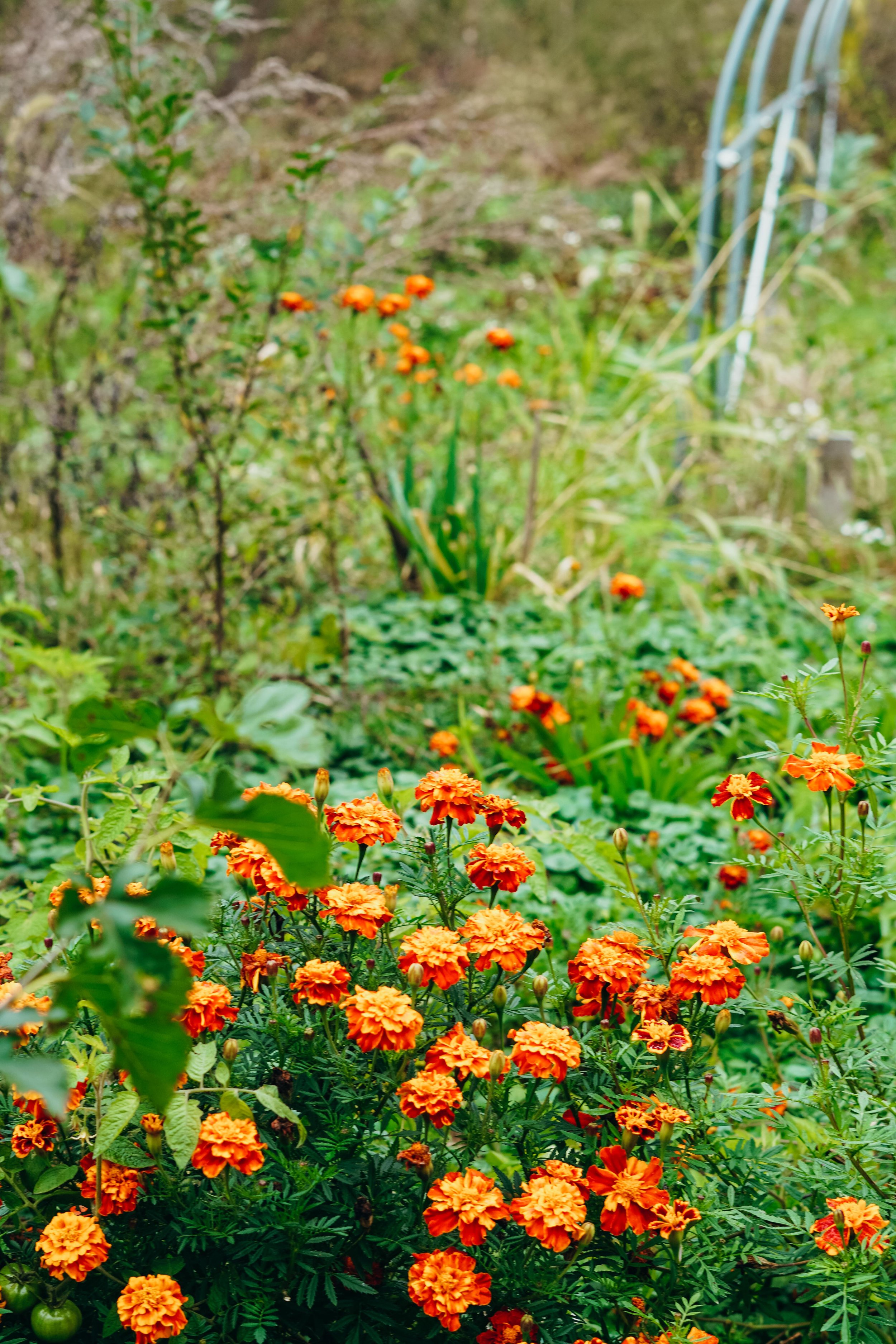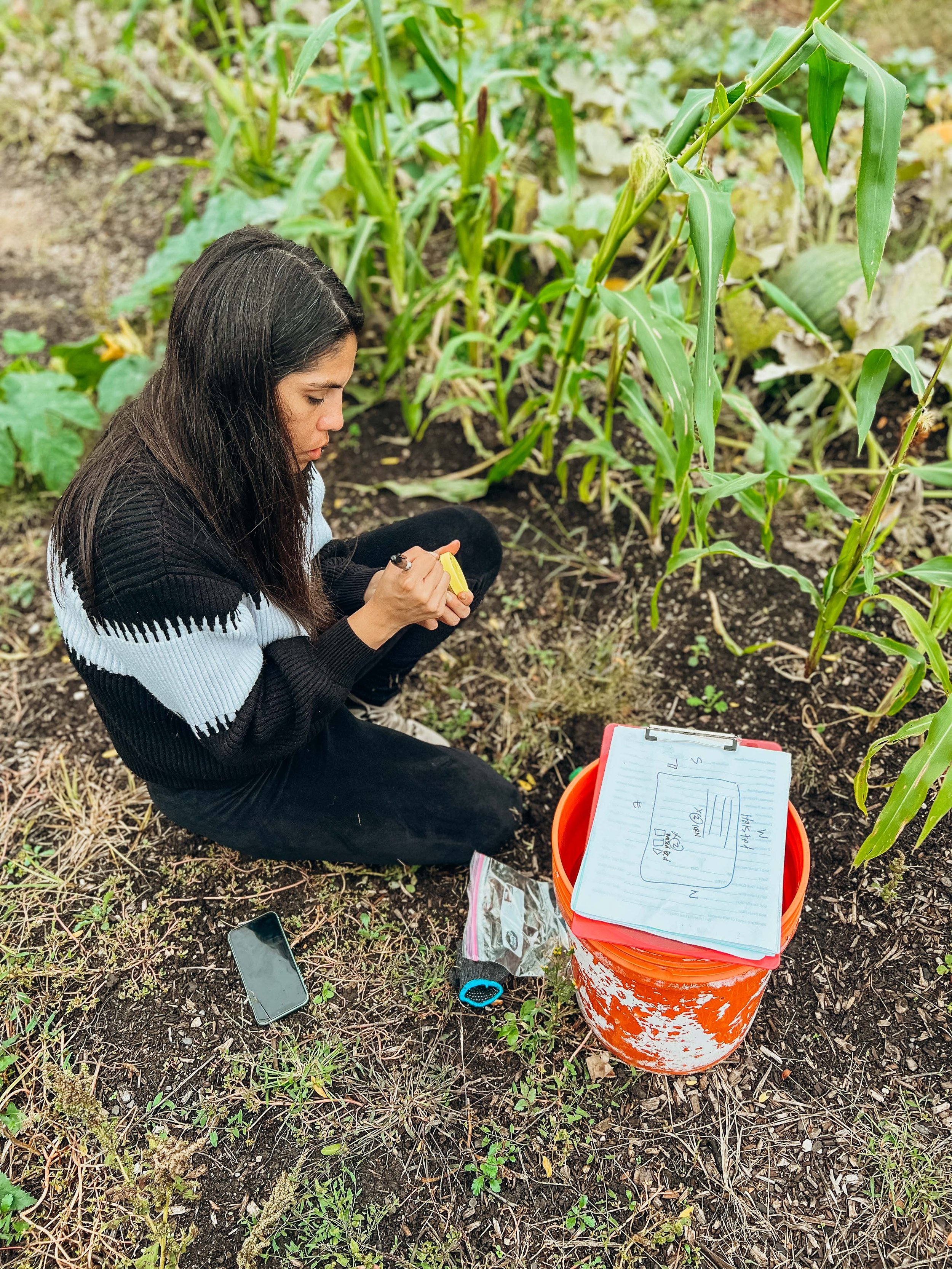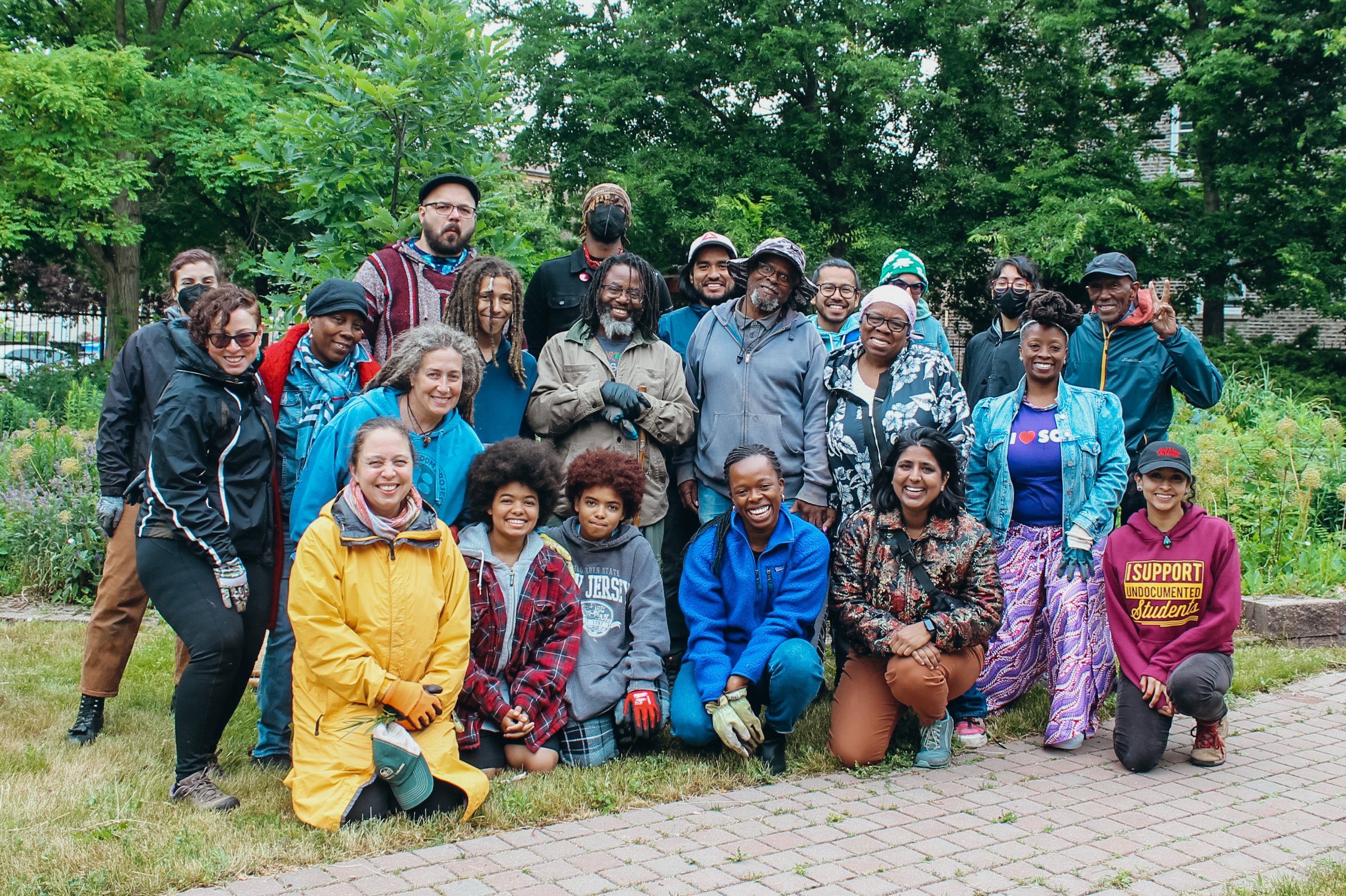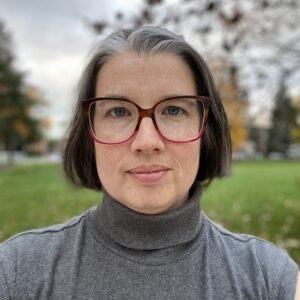
About
Purpose
AUA transforms food access, local economies, community wellness, and climate resiliency in Chicagoland, through policy advocacy, education and resources to safely grow medicine and food. We primarily serve working class residents and earth stewards on the south and west sides of the city.
Vision
AUA envisions a local, climate-resilient, food economy in the Chicagoland region where earth stewards are supported by equitable polices and resources to positively shape food access, community wellness, and environmental health.

What drives us
Values
[Image: Valentine Espinoza, soil sample collection]
-
We hold one another accountable, take ownership, repair harm and make necessary transformations that corrects actions which have negatively impacted relationships, communities, and the environment.
-
We invest in building local, regenerative and just food economies that provide collective wealth, improved access and increased sustenance for working class communities.
-
We honor the history of this region, and the traditional stewards of the land. Care for air, water, land and spirit motivates our desire to honor and reflect the cycles of nature in our programming and policy efforts (biomimicry).
-
We respect the right for communities to self-govern and self-determine cultural practices: food-ways, land-based relationships, spirituality, and language.
-
We take action in creating an environment where we can all arrive as our best selves; in how we care for each other, move with patience, build trust, and nurture relationships.
our staff + Board
Meet the Team
AUA’s organizational structure is based on a horizontal and collective leadership model. With this shift, AUA has moved away from titles such as ‘executive director’ and ‘manager’ roles.
Valentine Espinoza
Soil Health Organizer
Valentine is passionate about documenting her community and social movements. She’s spent the last ten years working across the country and in southern Mexico with Prairie Dust Films, and The Waters Connect Us documenting and advocating for land and water conservation, sustainability, and food sovereignty. Her most recent work has been
grounded in community based soil science.
Bea
Program Steward
Bea, Programs Steward, is a land steward who imagines a more resilient food system built upon land rematriation, justice, and reparation.They spent four years living, learning, and farming in New York before settling down in Chicago.
Tucker Kelly
Water Access Steward
Tucker Kelly, Water Access Steward, began farming in 2010 on an organic farm in Ohio. Their area of focus since moving to Chicago in 2016 has been providing vocational training for ex-offenders and young adults with disabilities. Since 2023, they have helped Chicagoland growers improve their access to affordable, safe water for agricultural uses. Their joys: cycling, high summer, and chocolate.
Jazmin Martinez
Co-Operations Steward
Jazmin is a farmer from La Villita/Little Village neighborhood in Chicago and uses They/them pronouns. They are an owner-worker of Catatumbo Cooperative Farm currently located in South Chicago. They have previous experience working in social services providing crisis and trauma-informed support and connecting individuals and families to resources. Additionally, their background involves organizing within the immigrant rights movement. Through their work, they saw a need to create economic opportunities for historically excluded communities and was drawn to urban farming, particularly within a worker-cooperative model. Their work is grounded in reverence for the land and hands that feed and nourish us. They are committed to connecting urban agriculture with broader social justice movements to envision and create other possible worlds.
Viviana Okakpu
Co-Operations Steward
Viviana Okakpu, Co-Operations and Solidarity Steward, is an urban farmer, herbalist, animal keeper, homesteader, business owner, and myco-remediator born and raised on Chicago’s Southside. They ground their work in a deep reverence for the land, water, and food and medicine sovereignty.
Aasia
Resource Steward
Aasia is AUA’s Resource Steward, part of a team, she leads the organization's financial sustainability by managing a value-aligned, diverse portfolio of funders and donors as well as developing new funder partnerships. Aasia holds a Bachelor's degree in Anthropology from the University of Illinois at Chicago. She has worked in development for five years, communications + community organizing for over a decade.
Board of Directors
Dakarai Howard
Director
Senior Policy Advisor, Illinois Department of Agriculture
Elena Terry
Treasurer
Founder, Wild Bearies
Alex Frantz
Director
Director of Local & Sustainability, Midwest Foods
Megan Wells
Director
Adult Education and Workforce Consultant
Dr. Akilah Martin, PhD
Director
Interdisciplinary Planner, U.S. Army Corps of Engineers
Fawn Pochel
Director
Co-Founder, First Nations Garden
Rosie Fitz
Secretary
Director of Operations & Culture, HEAL Food Alliance
Who WE SERVE
The Who & Why
We use the term “working class” residents and communities, this is our “Who” and here is our “Why.”
Advocates for Urban Agriculture serves Chicagoland working-class communities living in divested, industrial areas with legacy pollution because these communities are systematically denied access to healthy, locally grown food. We believe that food justice must begin with those most impacted by illnesses, environmental racism and economic disinvestment- supporting collective leadership in growing, healing and stewarding the land.

Grower Programs
Learn about our programs.
At our core, we are dedicated to fostering a sustainable and thriving agricultural community in Chicago. Our initiatives support growers through comprehensive programs that enhance soil health, provide essential water access, and offer invaluable mentorship. By empowering farmers with capacity building grants and resources, we aim to create a resilient, productive, and environmentally-friendly urban farming ecosystem.
[Image: Dr. Israel and Dr. Martin with AUA at the African Heritage Garden]














